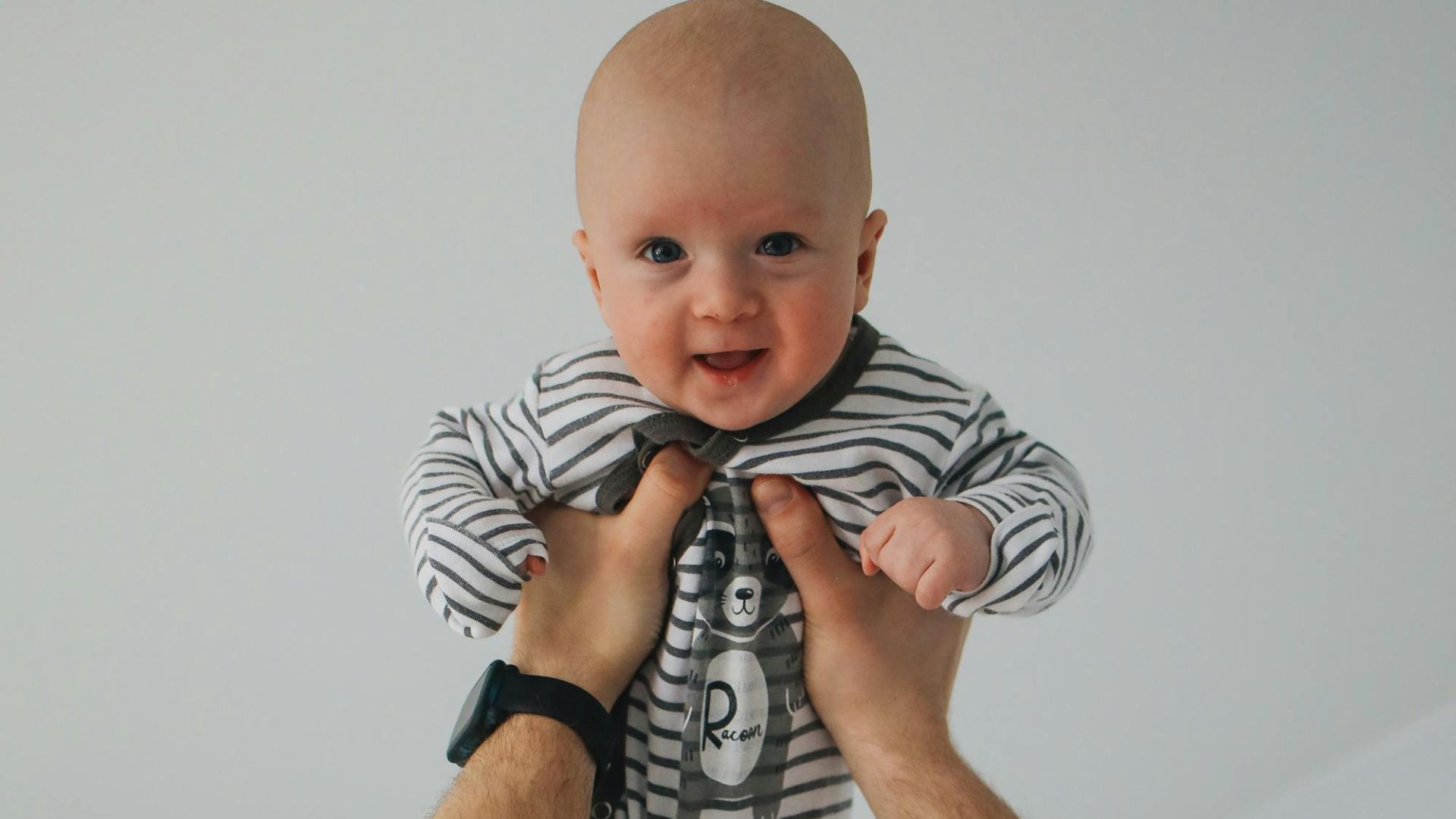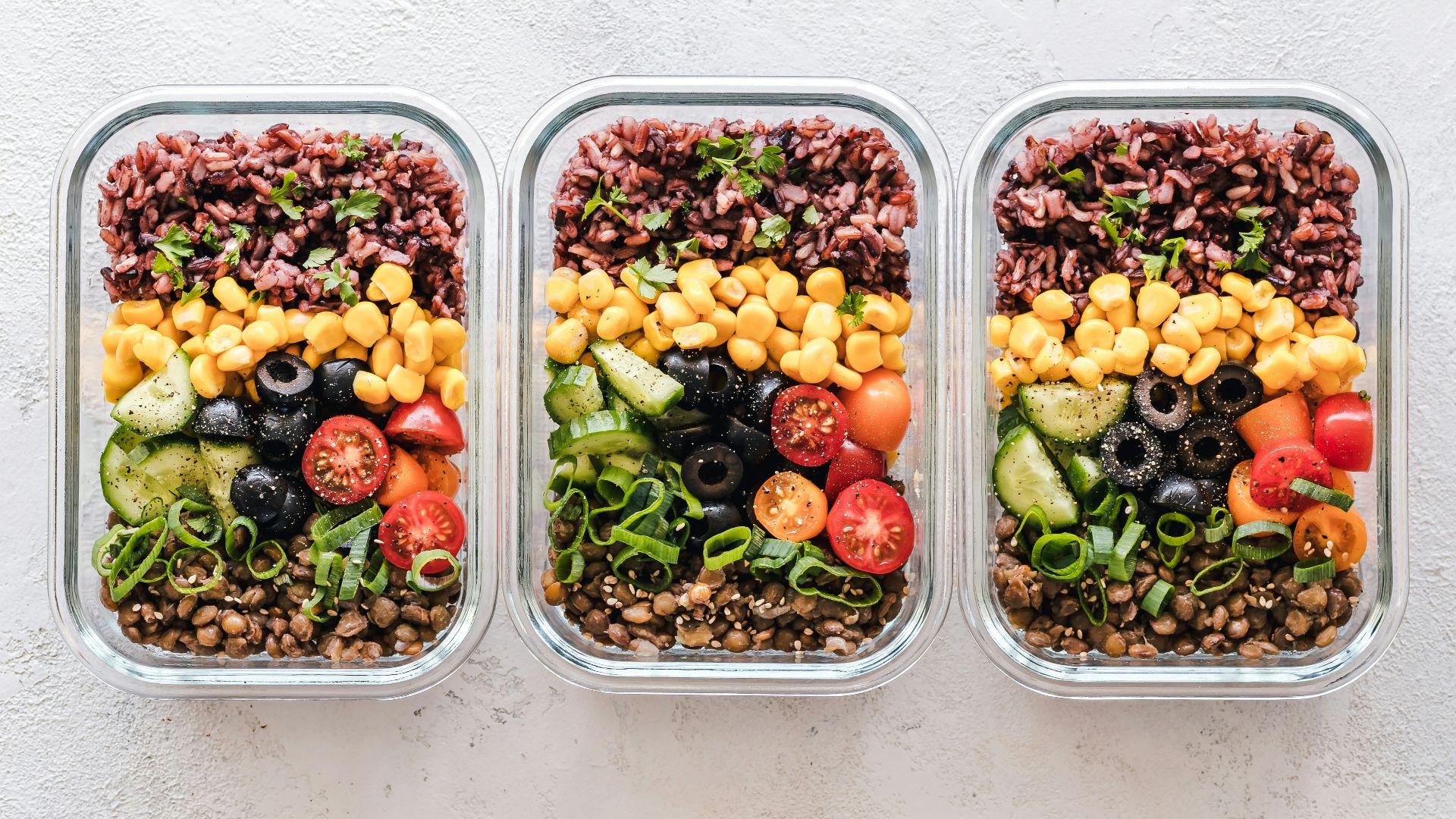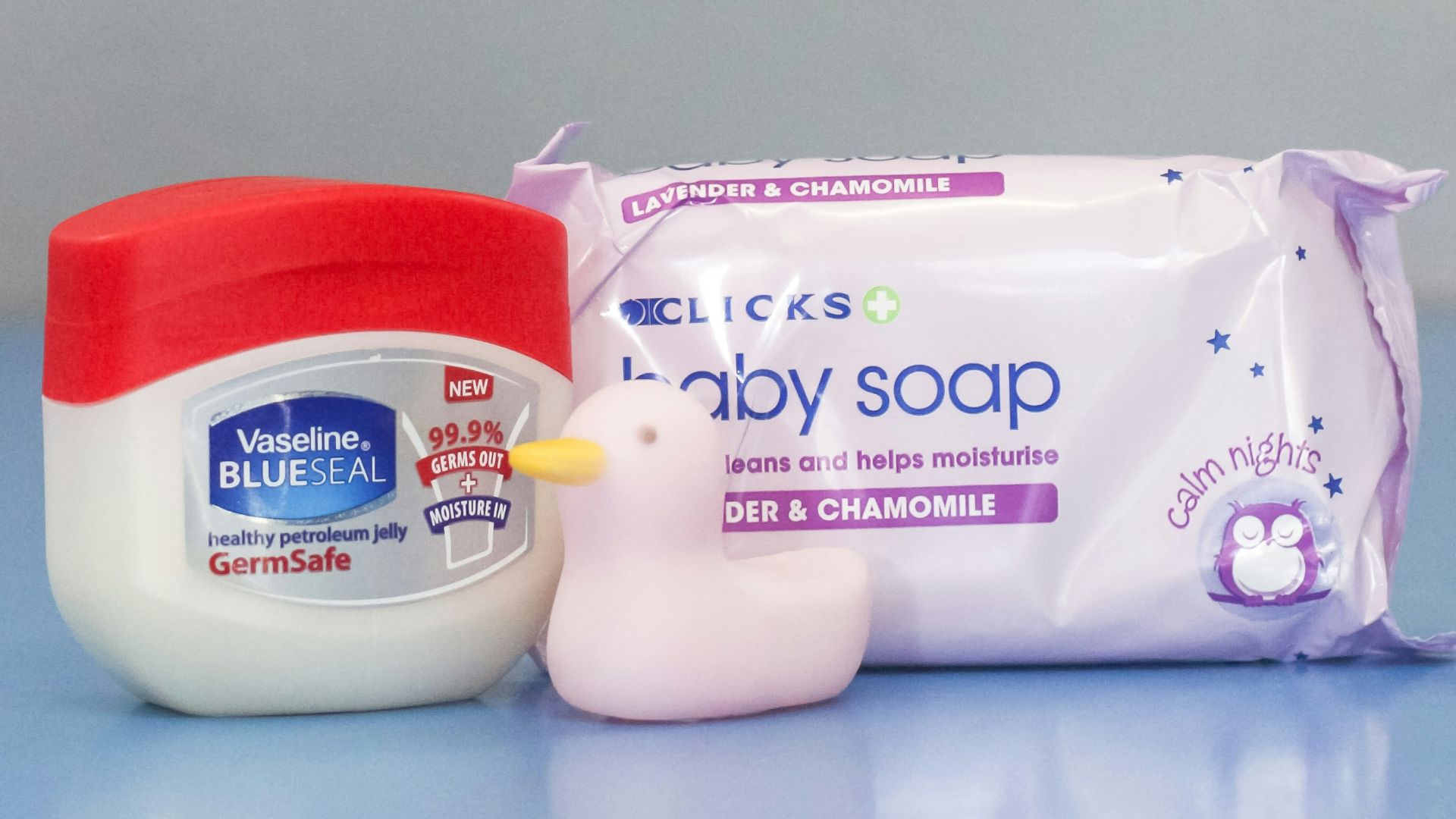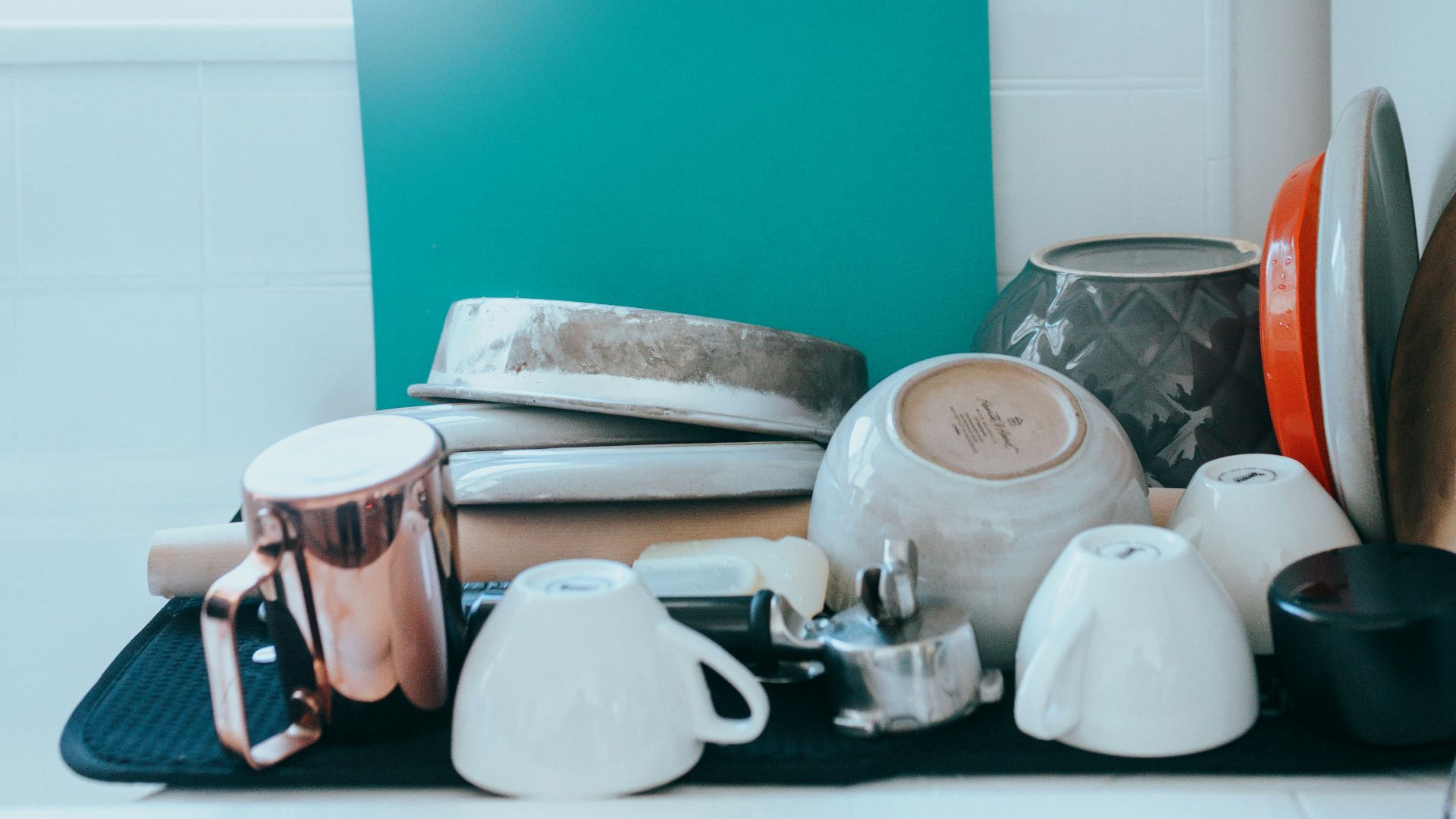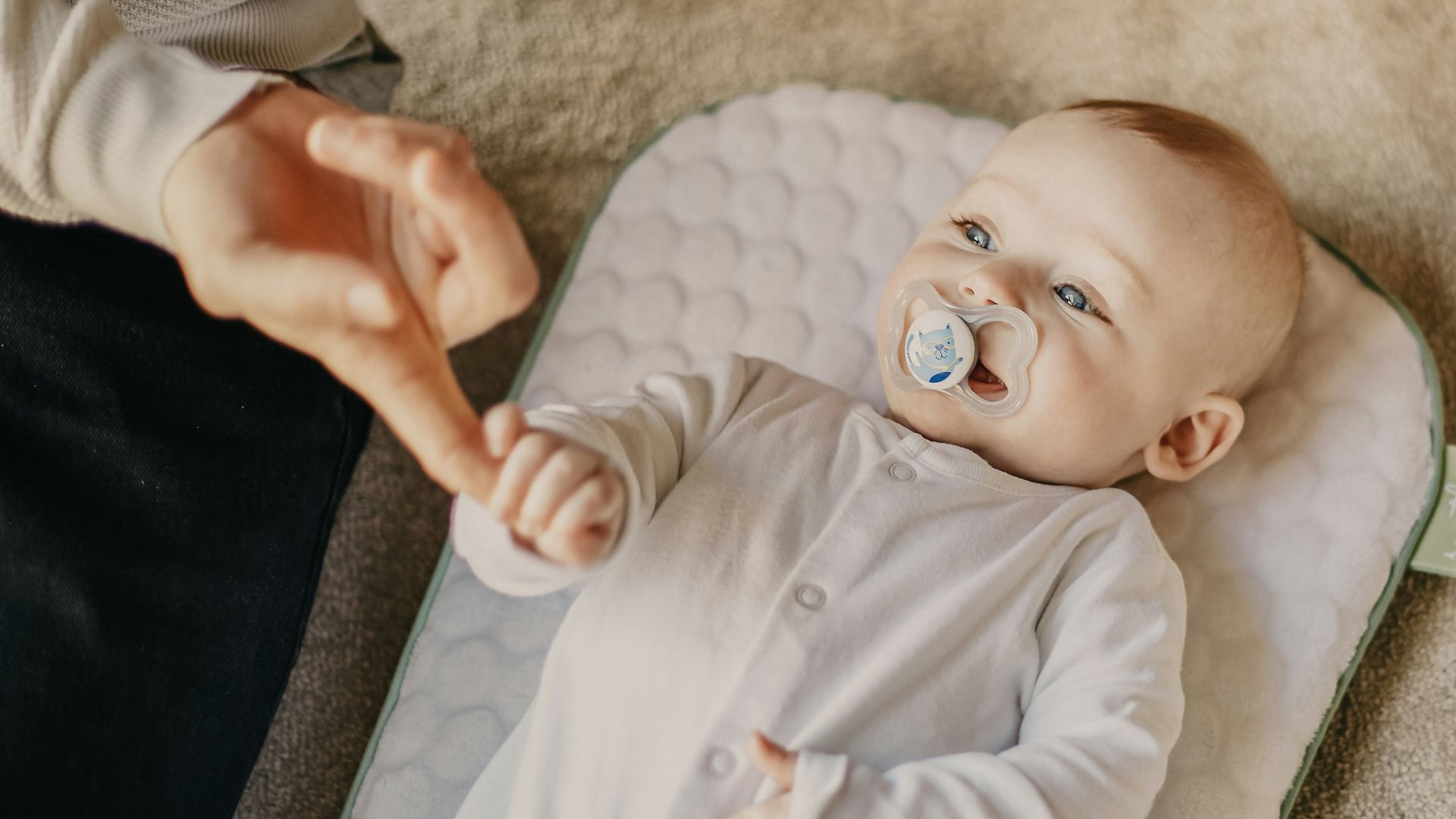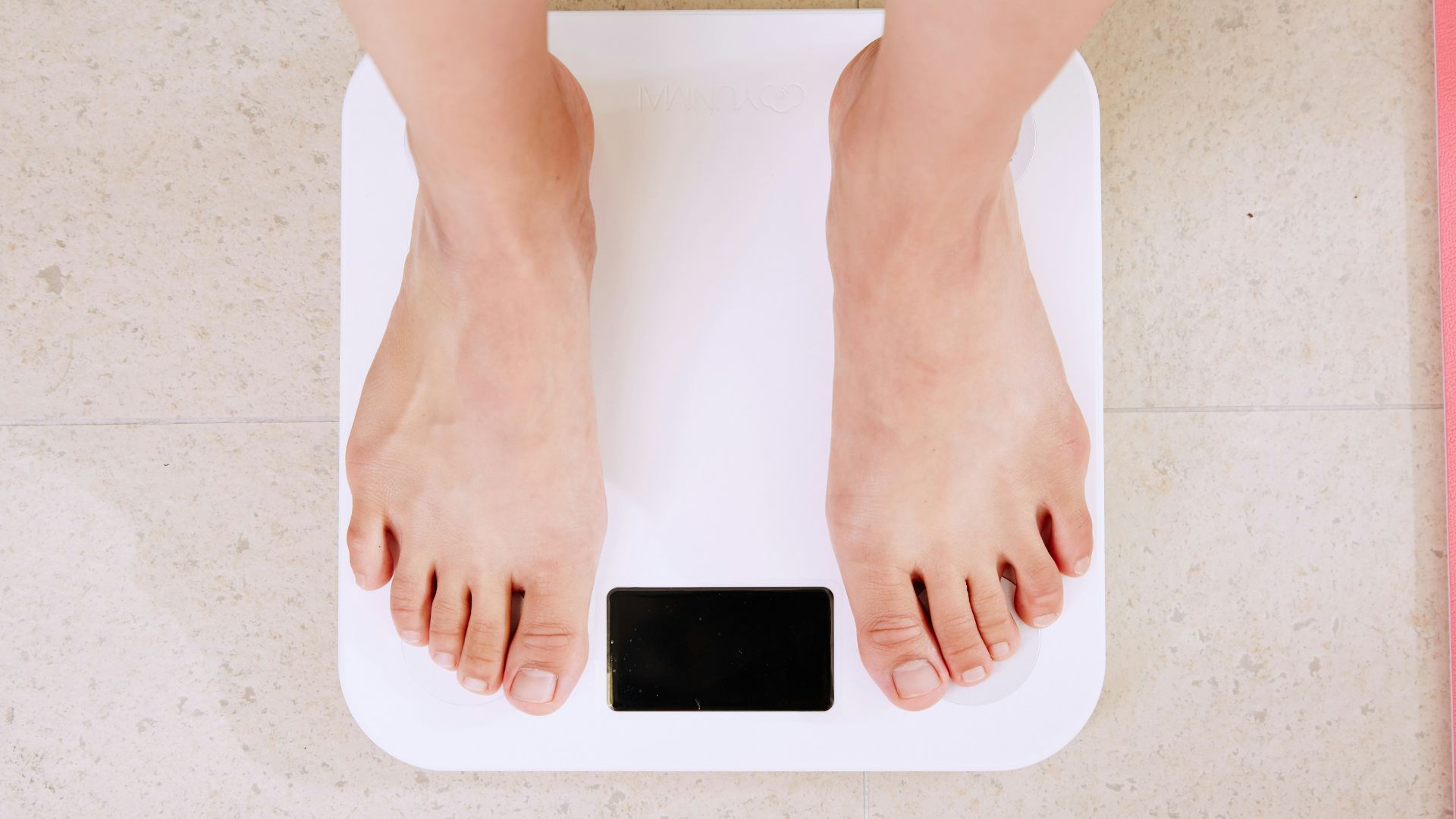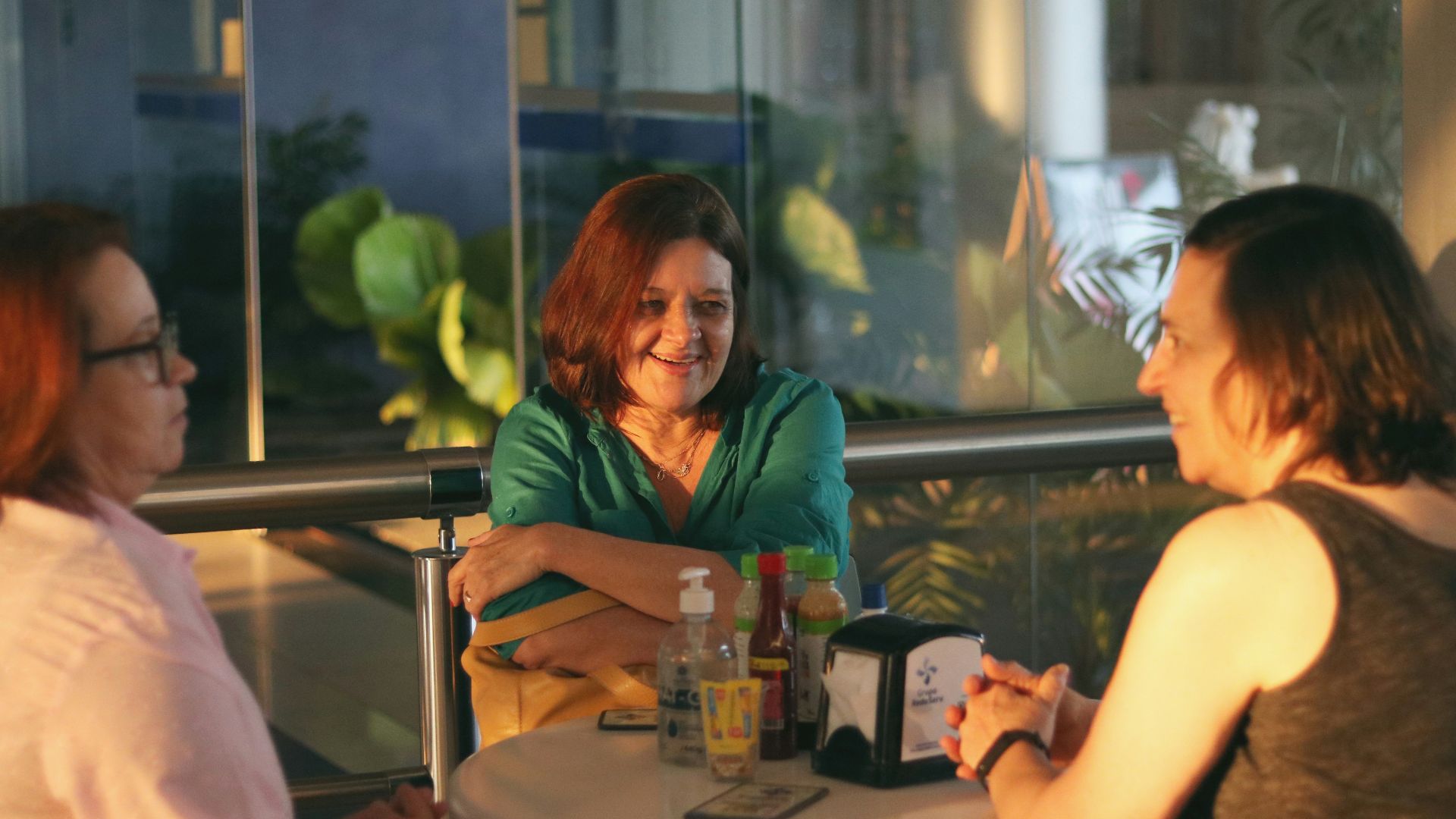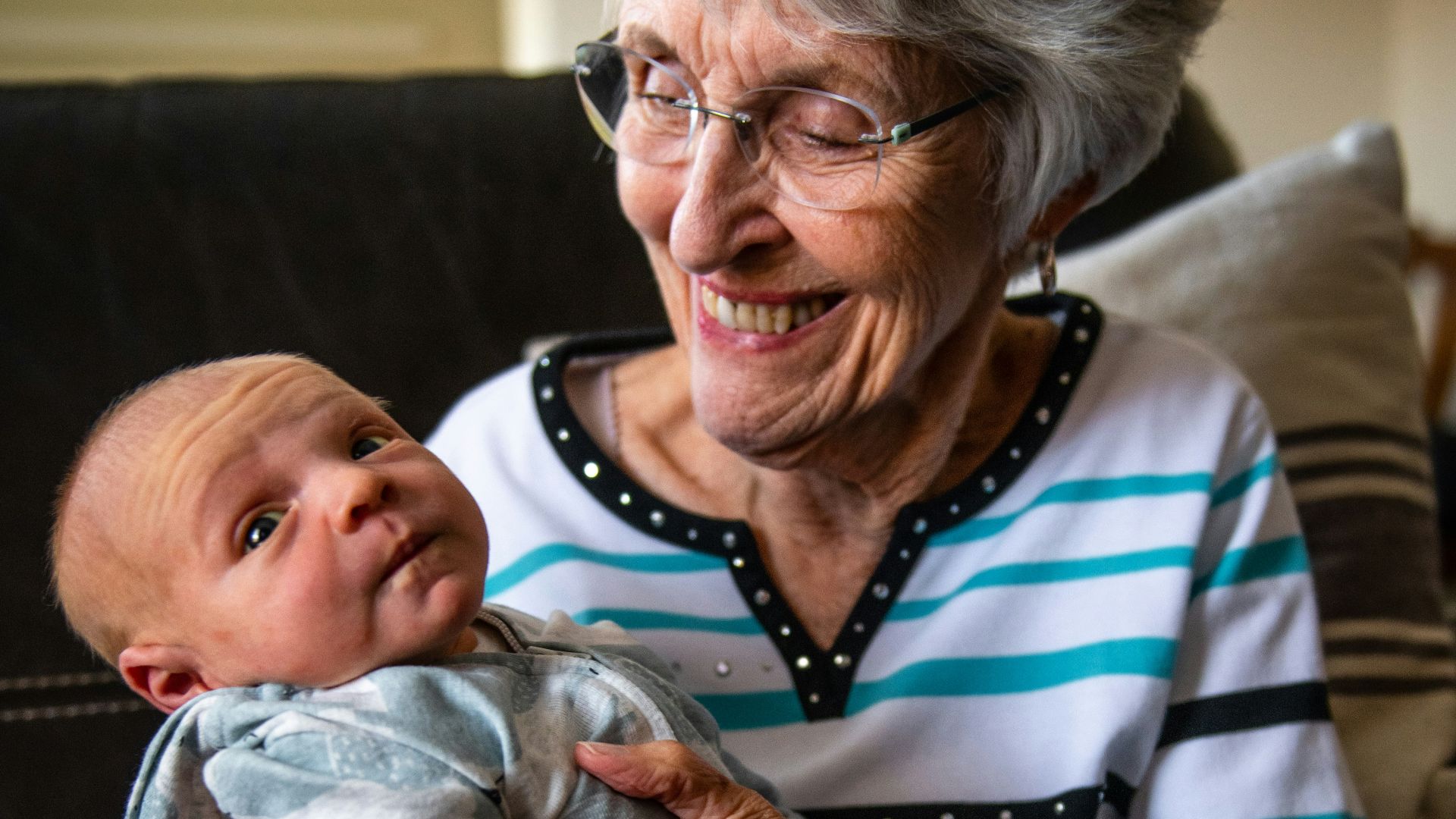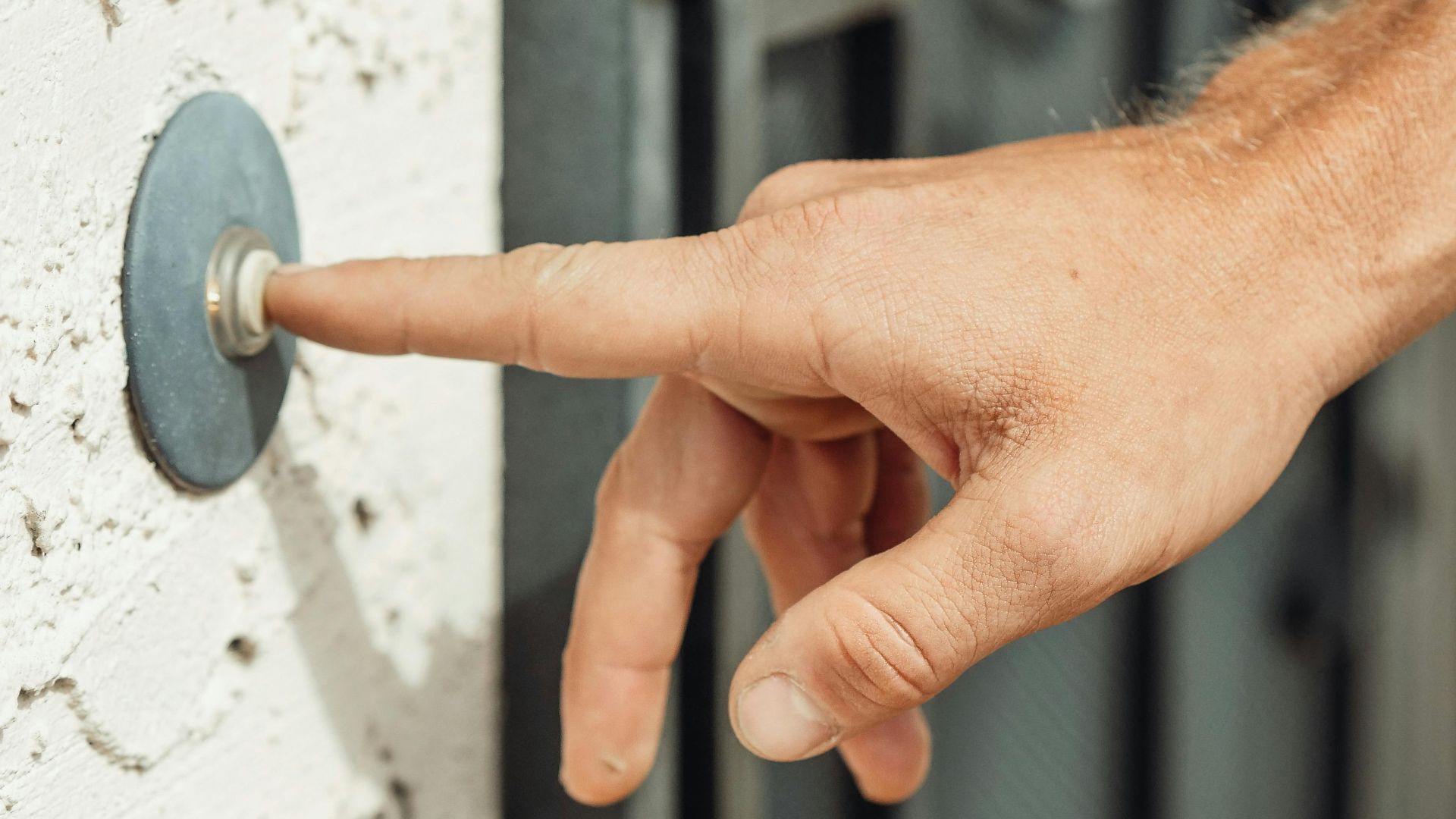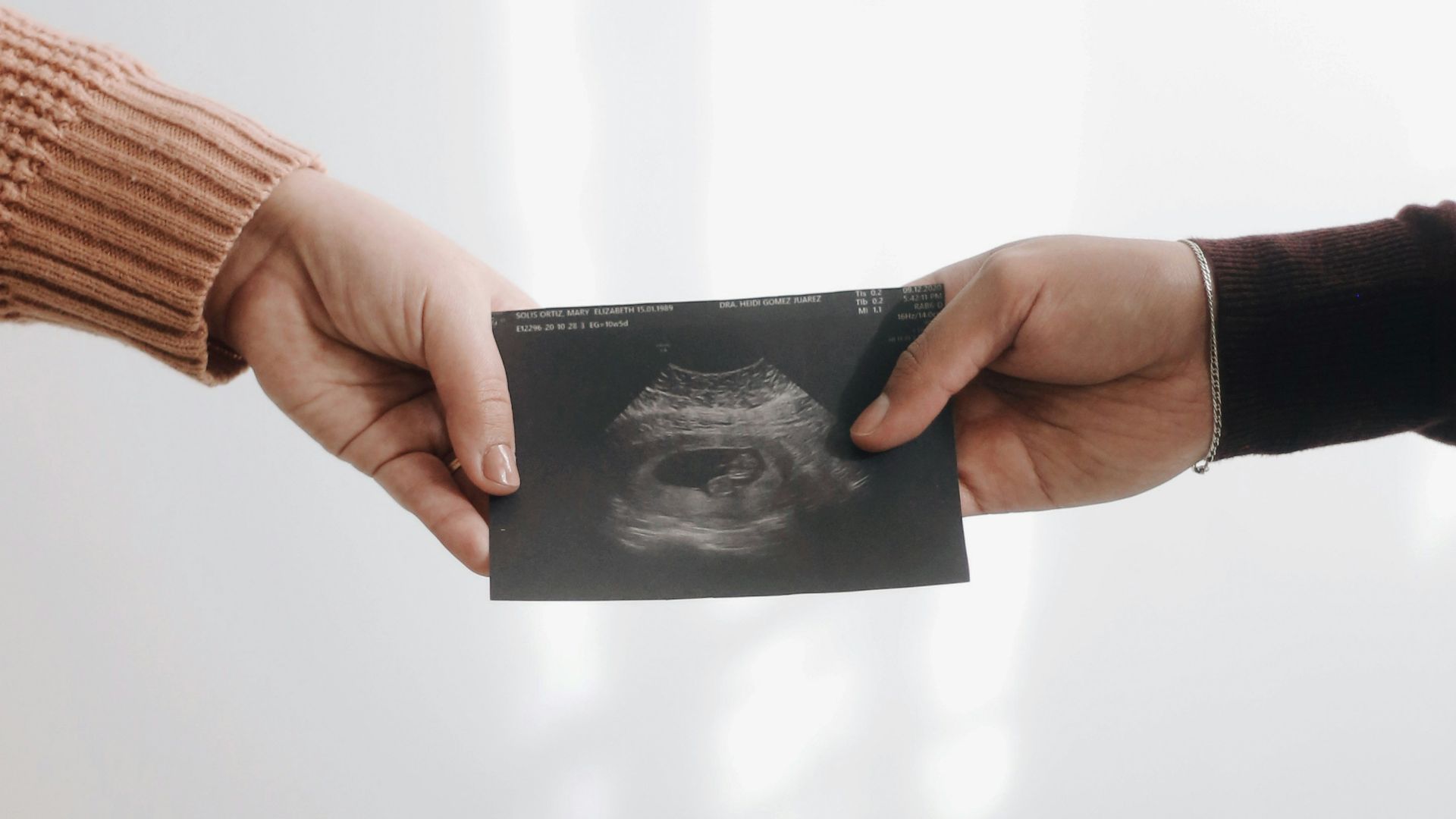It Takes A Village
Even if you don’t have kids, you’ve likely helped out with someone else’s. Not even single parenting is a solo endeavor, and there are plenty of ways to help new parents without buying onesies for the baby shower.
1. Start A Meal Train
A meal train is a collaborative list for loved ones to provide a culinary helping hand. With a newborn in the house, the last thing parents want to do is cook. Meal trains are also common following surgery or major loss.
2. Focus On Premade Food
We don’t mean TV dinners, but home-cooked meals that can be easily defrosted/heated up. This way, parents can have a nutritious meal on hand for whenever they need one. You can also give them subscriptions to meal delivery services.
3. Run Errands
Toilet paper or diapers running low? Offer to stop by the store. There’s no point in paying expensive grocery delivery fees if helpful friends are willing to lend a hand.
4. Don’t Come Empty-Handed
If you have a visit planned, don’t show up without a gift. In this case, you can skip the traditional flowers or wine in favor of something more practical such as wipes, formula, or groceries.
5. Pick Up Some Slack
Notice dishes or laundry piling up? Lend a helping hand. It’s easy for new parents to let chores fall to the wayside, and the whole family will feel more comfortable in a clean space.
6. Walk The Dog
Fur babies need love too! Taking Fido to the dog park or amusing Mittens with a laser pointer can take a load off of expectant parents. That way, nobody feels neglected.
7. Look After Older Kids
Taking care of a newborn doesn't get easier no matter how many times you do it. Older kids' lives don't stop when a new baby arrives. Pick them up from school, drop them off at soccer, or take them to a movie.
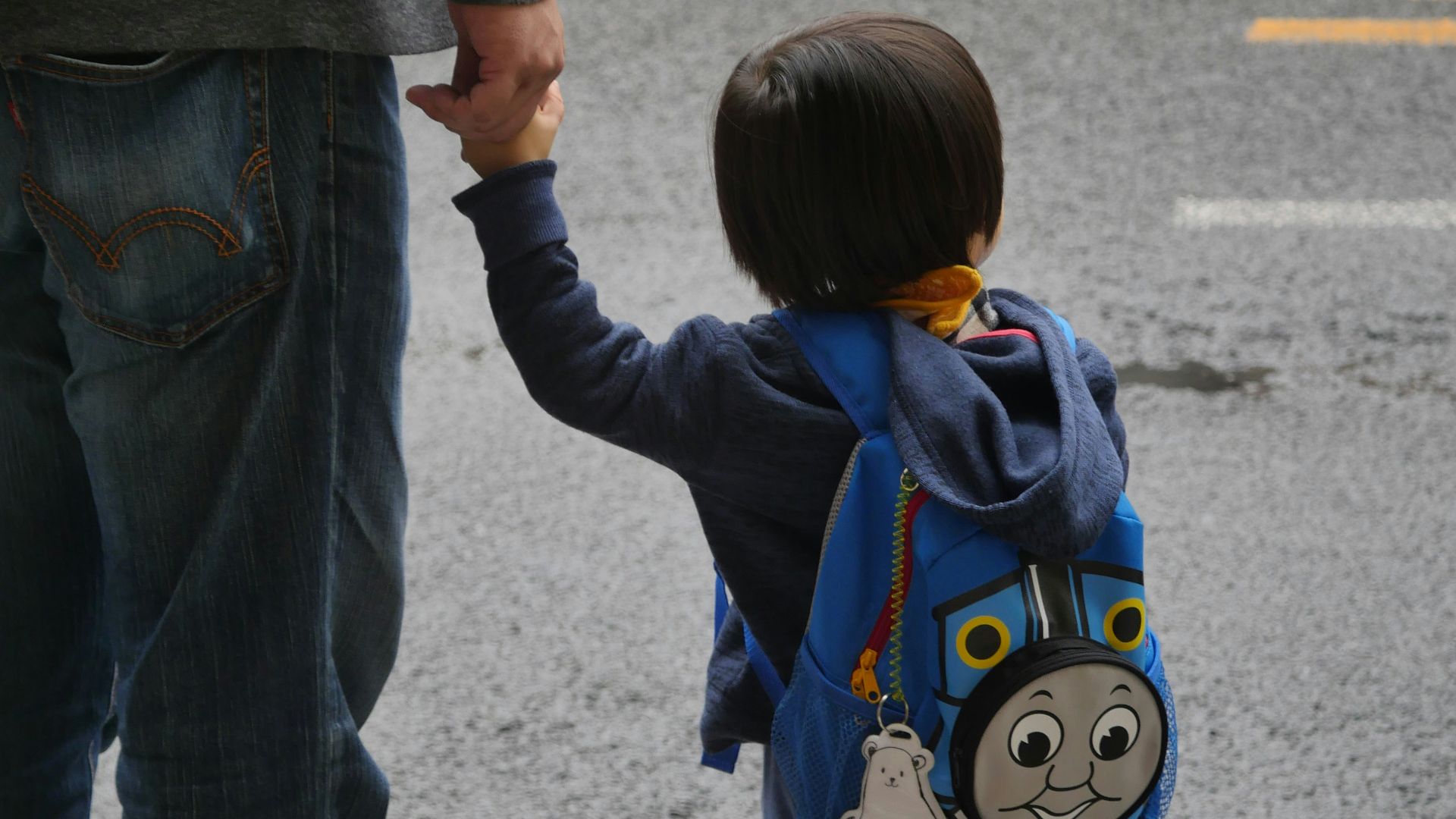 Juju_ a_la_bougeotte on Unsplash
Juju_ a_la_bougeotte on Unsplash
8. Play Chauffeur
Even with both parents in the car; driving to appointments can be stressful for babies. Playing taxi to and from the doctor/store allows the parents to focus entirely on the baby. Plus, it's nice for someone else to do the driving
9. Babysit
The further along a baby gets in their first year, the more time the parents can spend out of their sight. Babies don't require much physical activity. This can be as simple as letting the baby nap on you while you watch TV so the parents can shower or rest.
10. Listen
The single most important thing you can do the help is listen. Listen to how the parents are feeling. Listen to their needs, and, most importantly, listen to their boundaries.
Now that we've discussed some ways you can help new parents, let's go over some things not to say or do.
1. Don't Move In
We understand your reasoning: you want to be on-hand to help with any small problems or chores that arise. However, you're more likely to be under foot for the parents, causing them additional stress. Your presence also means an additional mouth to feed.
2. Don't Comment On Weight Fluctuations
You shouldn't be commenting on someone's weight anyway, but it's especially rude to do so right after pregnancy. Maybe that baby weight will go away, maybe it won't. Either way, it's none of your business.
3. Don't Make Comparisons
Pregnancy and parenthood aren't competitions. Oh, your baby was a perfect angel from their first moments of life, sleeping all through the night and never throwing up on you? I'm sure that makes your friends feel so much better and not at all stressed about their own child.
4. Don't Assume You Know Best
You may know what did and didn't work with your baby, but babies aren't one-size-fits-all. Parenting looks different in every household. Don't assume that your way is the only way.
5. Don't Drop By Unexpectedly
A new baby can throw a wrench into any semblance of a schedule. Unless you're dropping supplies or a care package off (in which case text or knock rather than ring the bell), you should plan visits in advance. An unexpected visitor can take a stressful day from bad to worse.
6. Don't Minimize PPD
Postpartum depression isn't just "baby blues" and it can affect both parents. Be considerate if you suspect someone is suffering from PPD and treat it as sensitively as you would clinical depression. Don't say "you're just tired" or "you'll get over it".
7. Don't Overstay Your Welcome
Keep visits short and sweet, especially in the first few weeks of the baby's life, which can be especially fraught. Saying that it's nap or feeding time for the baby is generally seen as a polite way of showing guests the door. Be courteous and save longer visits for when the baby is a bit older.
8. Don't Be Offended
Nobody wants to hate a baby, but we understand why you may feel a little bit of resentment if a loved one suddenly has no time for you. Leaving texts on read, requesting rain-checks, and multitasking during visits are all par for the course. It's not that they don't care about you anymore, but a newborn baby can't stand on their own two feet the way you can.
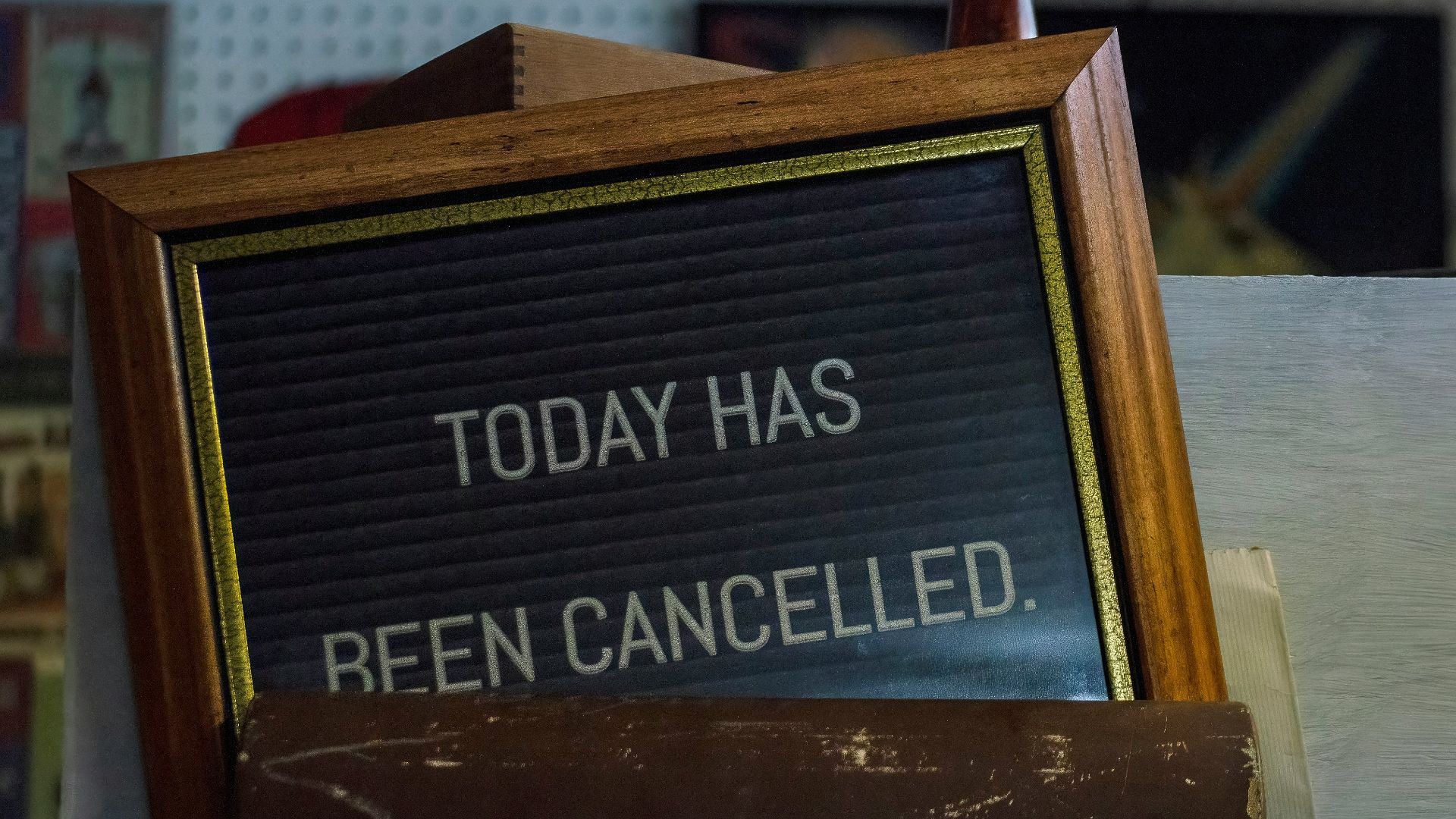 Robin Jonathan Deutsch on Unsplash
Robin Jonathan Deutsch on Unsplash
9. Don't Post Pictures Without Permission
Yes, the parents may be posting photodumps of the baby in every different outfit, but that's for their friends and family. Ask for parental permission before sharing or posting pictures with the baby, and cover up their face with an emoji or some artful angles. Internet safety is especially important for infants, who cannot consent to their image being shared.
10. Don't Ask About The Next Baby
Just like asking about weight, this is exceptionally rude to ask, especially in the first few weeks after birth. Parents need time to recover and understand what life with children is like before they can even consider future children. Maybe there won't be another baby; either way, it's none of your business.


